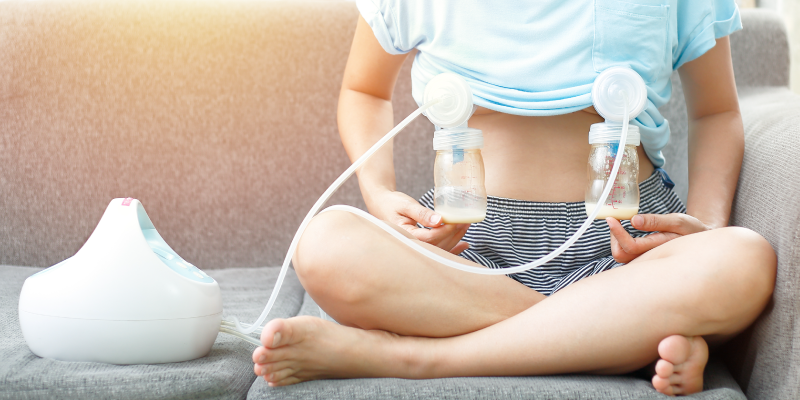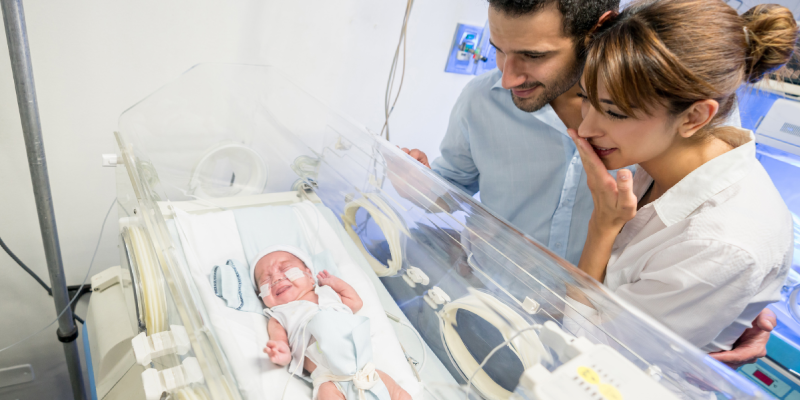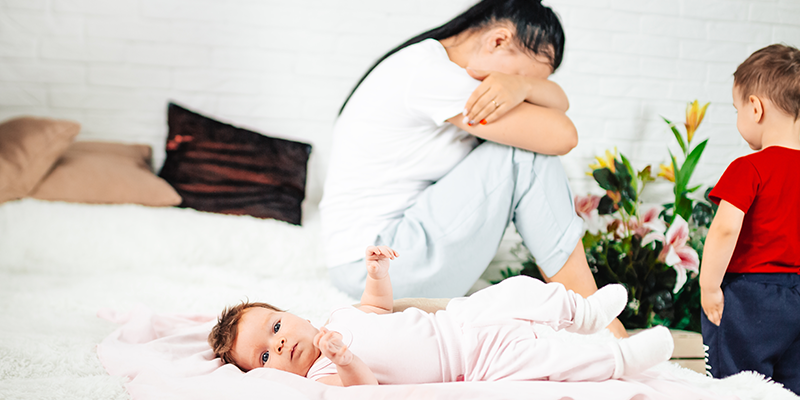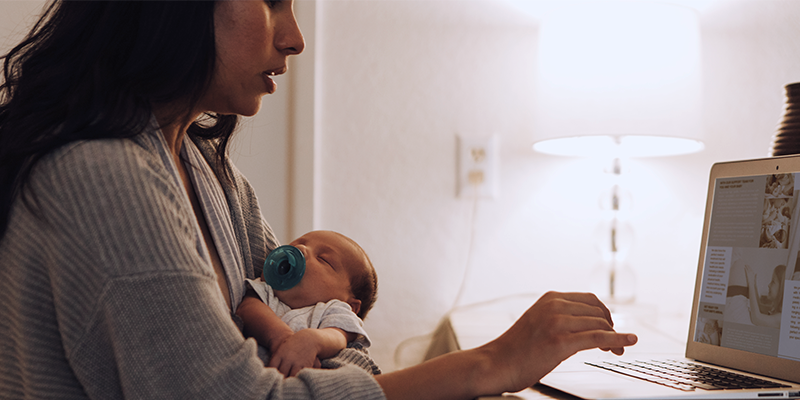How to Get Pregnant Fast
Chances are you’ve devoted a lot of time over the years to learning and actively practicing how to not become pregnant. So what do you do once you decide introducing a little one into your life is of the utmost priority?
While you’re likely hoping that getting pregnant will happen almost instantly, you need to be prepared in the event that it needs a little more time and planning. Yes, some couples do manage to conceive during the first month of trying. However, many couples will require a longer amount of time to get pregnant — and there’s nothing wrong with that (or you!). Even for a young couple in the peak of their fertility having perfectly timed sex, the odds of conceiving are one in four. Yep, 25 percent … The truth of the matter is that getting pregnant is not always as easy as most of us assume!
Understand that when it comes down to getting pregnant, not everything is in your control. While there are steps you can take to increase your chances of becoming pregnant, it’s critical to enter this exciting phase with the right mentality.
If you’re feeling more than ready to take on the mama role, here is a list of tips to better your odds of becoming pregnant fast.
Right On Time
Sex can result in pregnancy only six days per month. The first five days are the ones that lead up to ovulation and the sixth and final day is when you actually ovulate. During this fertile window it’s recommended to have sex everyday or every other day — your odds of conception are relatively similar regardless of which option you choose.
Is a busy schedule interfering with your ability to have sex regularly? Try your best to prioritize having intercourse either the day before or both days prior to ovulation. The possibility of conceiving are the best on these two days!
Solving The Ovulation Mystery
When you’re ready to get pregnant, take the time to record any and all details of your period. This will help you establish your most fertile days each month. Tracking changes in cervical mucus will let you know when your body is getting ready to ovulate while logging your basal body temperature (BBT) over a few months assures ovulation took place.
Roughly 30 percent of women have a fertile window between cycle days 10 and 17 — the time frame identified by clinical guidelines. Others will begin their fertile window either prior to or after that, but there is a possibility of it changing on a monthly basis.
Say Goodbye To The Pill Ahead Of Time
Pregnancy is possible the moment you discontinue taking your birth control. If you’re on the pill, consider going off of it a bit earlier than anticipated and using other forms of protection in the meantime. This is recommended because when using hormonal birth control, women don’t experience a genuine menstrual cycle. Some types of hormonal contraception allow women to bleed while others refrain. Again, regardless of if you do bleed, this isn’t an actual period — you can thank synthetic hormones for that.
Hormonal birth control featuring only progestin might cause you to still ovulate even if you are not receiving your period. Taking a combination oral birth control (estrogen and progestin)? Chances are you aren’t ovulating.
Tracking your cycle is the best way to quickly determine when you ovulate and better plan for pregnancy. Going off the pill offers the opportunity for you to relearn your natural cycle and track it more effectively. Be prepared for a bodily adjustment period after discontinuing the pill. During your first few cycles, you may encounter late ovulation, anovulatory cycles (skipping ovulation altogether), a short luteal phase (when the uterus lining is too thin for a fertilized egg to implant/stay implanted) or even post-pill amenorrhea (no period after stopping the pill).
Mamas-to-be, please don’t stress about starting a family, it won’t help the conception process and it has the ability to disrupt ovulation.
Wishing there was a way to instantly sync a baby right into your womb? While we understand that waiting is the last thing you probably want to be doing during this exciting time, let it be reassuring that roughly 85 percent of women manage to get pregnant within a year. We know you can do it mom, stay positive!
Join the other 1,000,000+ expecting mamas who love Bump Boxes.


















